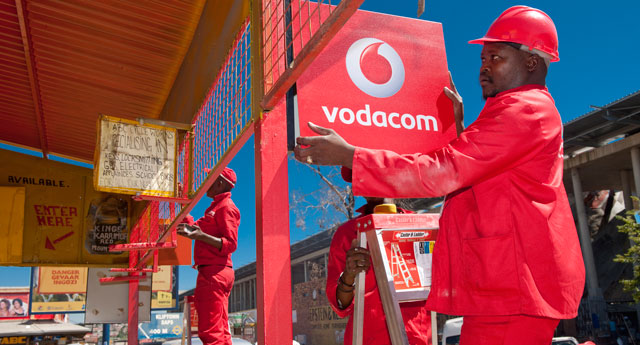
MPs asked tough questions of service provider Vodacom in parliament on Wednesday, as high data prices continued to come under the spotlight.
Vodacom presented to the portfolio committee on telecommunications & postal services on the second day of public hearings into the cost to communicate.
The hearings have come about amid the Twitter hashtag #DataMustFall, which has gone viral over the last week.
And Economic Freedom Fighters MP Fana Mokoena accused the service provider of using jargon to hide behind answering the question as to why data costs were so high.
“The rug is being pulled over our eyes here. There is a lot of hiding behind jargon,” he said after Vodacom’s presenters concluded.
“What is a fact here is that the tariffs are too expensive. We know that Vodacom has the most expensive tariffs in the country. People are complaining, not just about tariffs, but they are being given data that gets finished quicker. [Yet] Vodacom gives a glowing report,” Mokoena said.
David Johnson, of the Council for Scientific and Industrial Research, who presented to the committee on Tuesday, asked Vodacom to elaborate on what infrastructural issues have caused data costs to be much higher than other countries.
Hennie Jacobs, head of regulatory affairs at Vodacom, said the primary reason why data costs were so high was due to the so-called “spectrum crunch” in large, urban areas.
South Africa has yet to migrate to digital broadcasts, a key requirement for opening up radio spectrum for faster and more widespread mobile internet services.
Telecoms & postal services minister Siyabonga Cwele is also suing communications regulator Icasa for inviting bidders to take part in a spectrum auction scheduled to take place in 2017.
Cwele is fighting the auction on grounds that government’s policy regarding spectrum has not yet been finalised and that the sale risks only benefiting big companies with deep pockets.
Subsequently, operators such as Vodacom are resorting to “refarming” spectrum to provide LTE services.
“Vodacom is severely constrained due to limited spectrum, but the committee can be assured that we are using the limited capacity efficiently.”
Jacobs also said the cost of reaching the entire country with accessible network raises costs, especially in rural areas.
“As we increase penetration, the more expensive it becomes. It is basically down to traffic density.”
He said other countries and even some other competitors locally choose to focus their operations on high density areas only, which makes costs cheaper in those cities.
Jacobs said Vodacom boasts 99% network coverage of the entire country in terms of reach, and praised it as “exceptional”.
He also said the company’s regulatory policy on data costs is driven by evidence, and can’t be determined by “kneejerk reactions” based on perceptions in wider society.
Presentations continue in parliament on Wednesday. The committee was still to hear from MTN, Cell C and Telkom.




